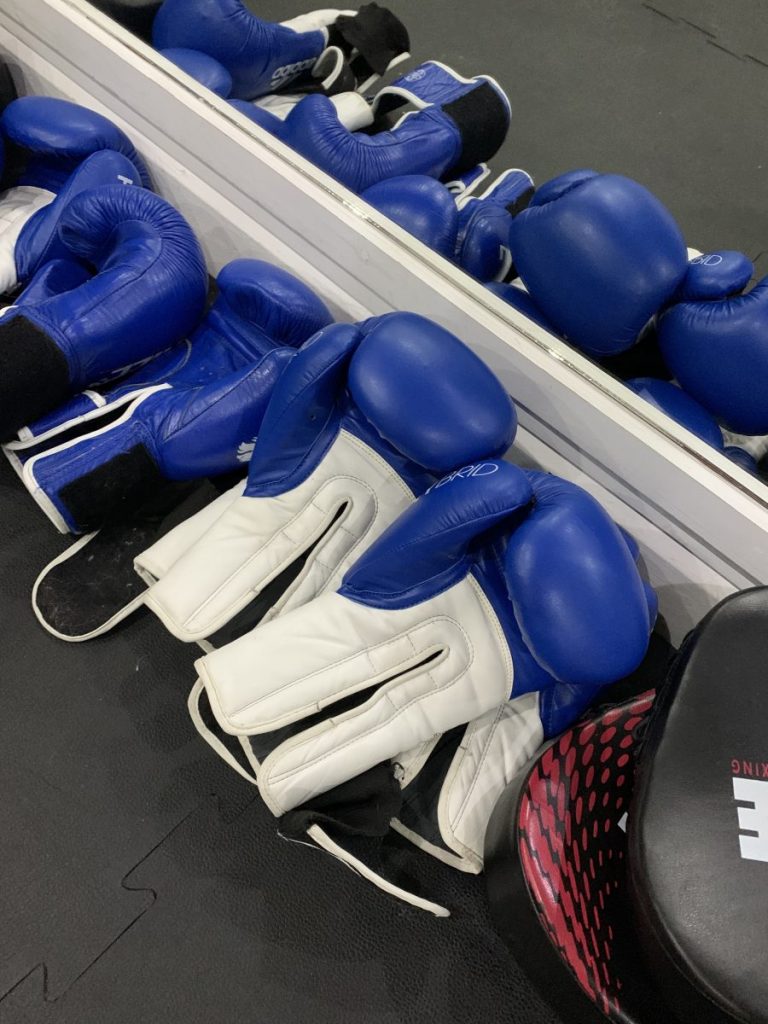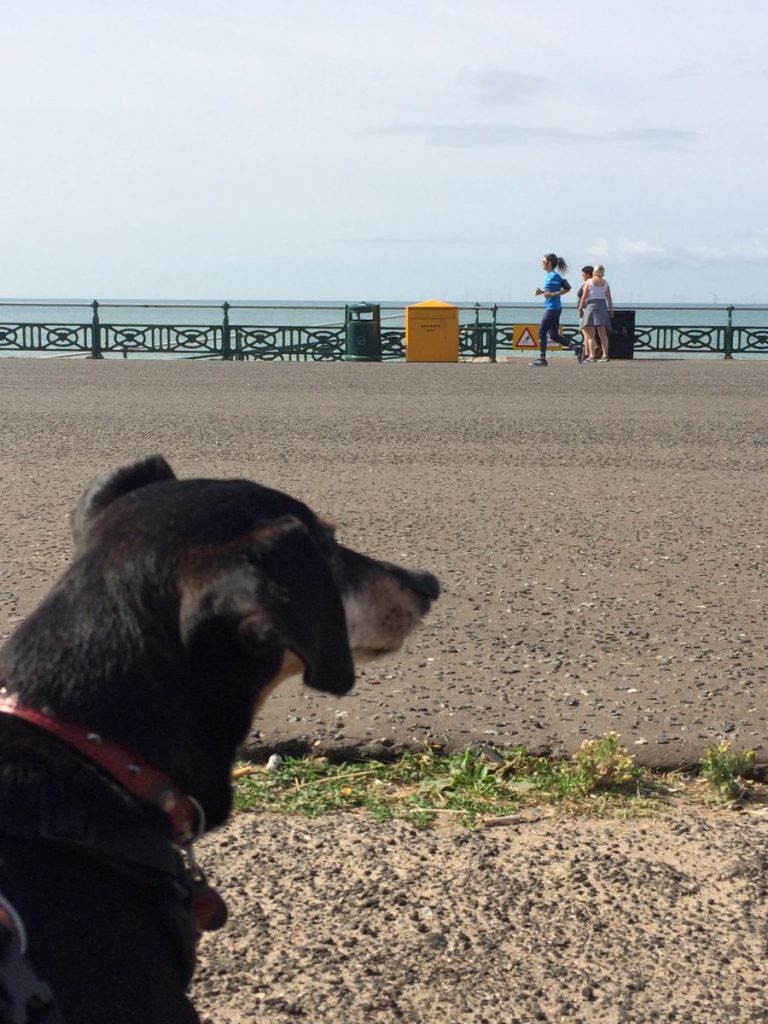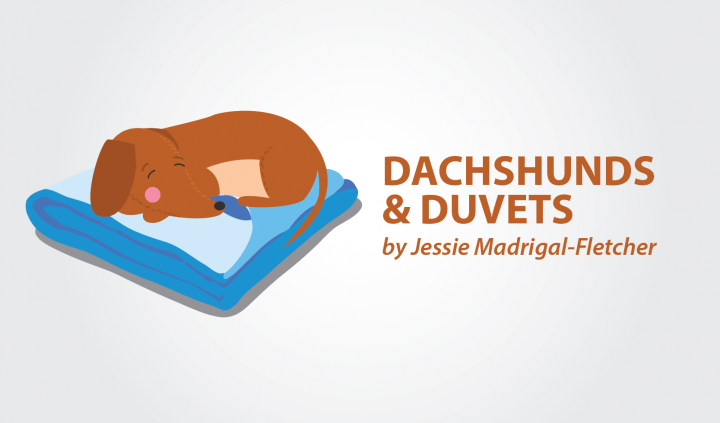My fitness regime is an irregular one. I go through times when my body cooperates, I have energy, and my pain levels stay low. That’s when I can power walk, run, or do yoga. Lately, I have done some boxing. But living in chronic pain means good days are never a given. Most of the time I am in recovery mode, dodging flare-ups, or experiencing pain that forces me to take it easy.
In 2019, I surprised myself by finishing the London Marathon. For someone living with endometriosis, it was a huge achievement that involved ridiculous amounts of pain.
I am not the only person leaning toward sports while chronically ill.
On Instagram, Chronically Badass pushes a message of positivity and resilience. It features people living with chronic illness — including me — who are having fun by staying active and completing physical and mental challenges in their own time. The vibe behind the account is not one of competition. It is about spreading awareness and inspiring others to do their own thing.

If you have a physical limitation, social media is a tricky space. There has been a surge in extreme sports and long-distance running. And I’m not fond of the message that often goes with them: nothing comes without pain. No pain, no gain is a troublesome hashtag.
The idea of pain as a form of glory doesn’t sit well with me. I live in constant pain. Every day my uterus hurts, or my hip malfunctions, or I suffer a migraine that feels as if a knife is cutting through my brain. Most of the time my legs torture me with shooting pains. I wish I could live without pain.
Anyone seeking to hurt as a reward does not live with chronic pain.
Most of the time I exercise because of its numbing effect. It helps me sleep better when my limbs hurt, and sometimes it quiets my sore uterus.

But experiencing daily pain can have interesting results. Because I live in so much discomfort, I am used to coping with it. In an article in The Guardian sports psychologist Josephine Perry related women’s experiences of pain to the rise of female athletes outperforming men: “Eighty per cent of women get period pain at some point in their lives and around 10% have conditions like endometriosis, which can severely impact their ability to perform in sport,” she says. “If a large majority of women have developed strong coping mechanisms to deal with this regular pain, then the short-term pain they feel when running a race will fade in comparison.”
A downside of regularly dealing with pain is that I can have a skewed vision of what degree of suffering is acceptable. A couple of months ago, I had a bad chest infection, but I kept going instead of staying in bed. It took four friends telling me not to go to my boxing class for me to admit I needed to rest.
Exercising is not about collecting medals or outperforming someone else.
It’s about the pursuit of joy in an already challenged existence. I believe that chronically ill people who participate in a sport are doing it for a healthy reason: to stay happy. There is a mighty boost that comes with being able to work up a little sweat. As long as my body allows it, it is something I will happily pursue.
***
Note: Endometriosis News is strictly a news and information website about the disease. It does not provide medical advice, diagnosis, or treatment. This content is not intended to be a substitute for professional medical advice, diagnosis, or treatment. Always seek the advice of your physician or other qualified health provider with any questions you may have regarding a medical condition. Never disregard professional medical advice or delay in seeking it because of something you have read on this website. The opinions expressed in this column are not those of Endometriosis News or its parent company, BioNews Services, and are intended to spark discussion about issues pertaining to endometriosis.

